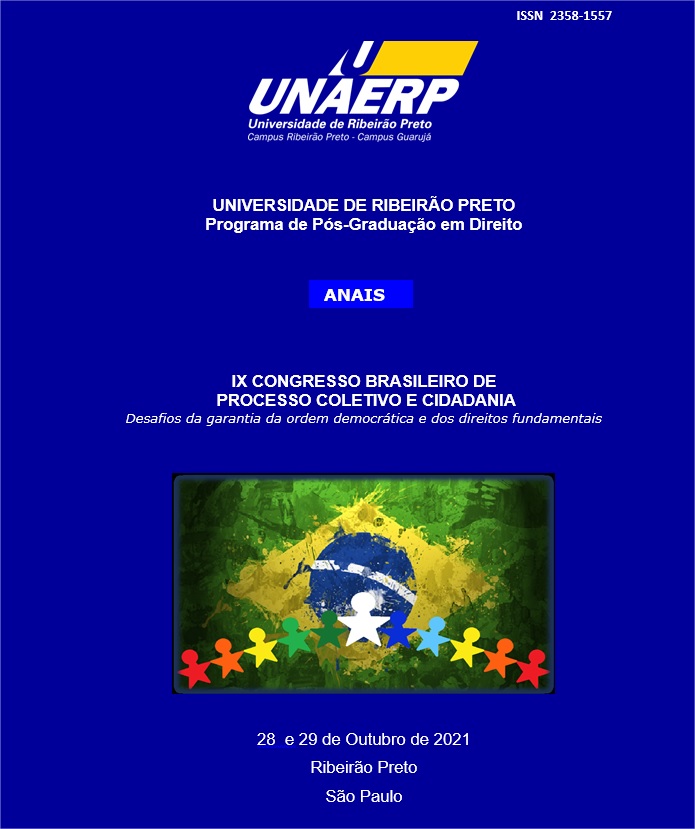Português
Abstract
The non-judicial adverse possession is still quite incipient in the Brazilian legal system, having been introduced by 2015 Code of Civil Procedure, a reason that itself explains the customary use of the judicial proceedings, since the lack of knowledge of the institute by the majority of citizens persists. It is also justified by the “culture of litigation”, a common ideology in Brazilian society, which places too much trust in common jurisdiction. The challenge of non-judicial adverse possession becomes even greater when it is used to enforce the right to adequate housing, as it consolidates informal residents' ownership of property. While the non-judicial adverse possession lacks provisions specifically aimed at the low-income population, collective non-judicial adverse possession requires much more work than individual and even multiple. The article aims to demonstrate that, despite all the existing difficulties, the potential of non-judicial adverse possession cannot be ignored — especially its collective modality — for the implementation of the right to adequate housing, and, consequently, the principle of function of the city.
Downloads
Published
How to Cite
Issue
Section
License
Copyright (c) 2022 Anais do Congresso Brasileiro de Processo Coletivo e Cidadania

This work is licensed under a Creative Commons Attribution-NonCommercial-NoDerivatives 4.0 International License.
